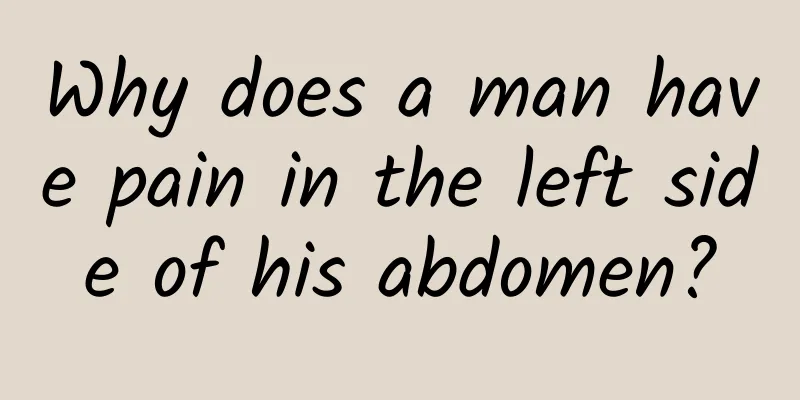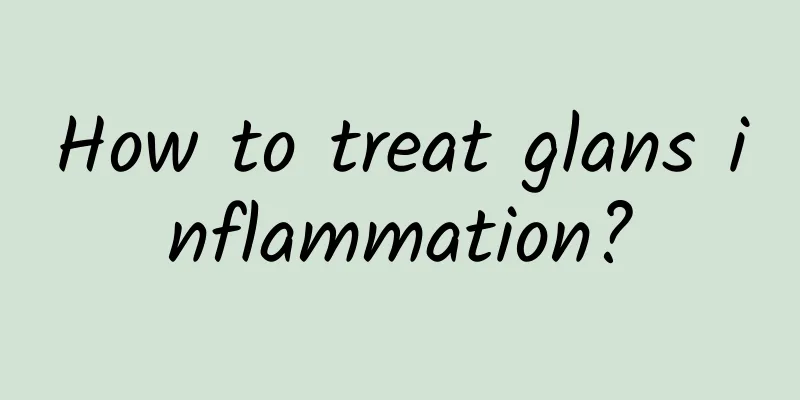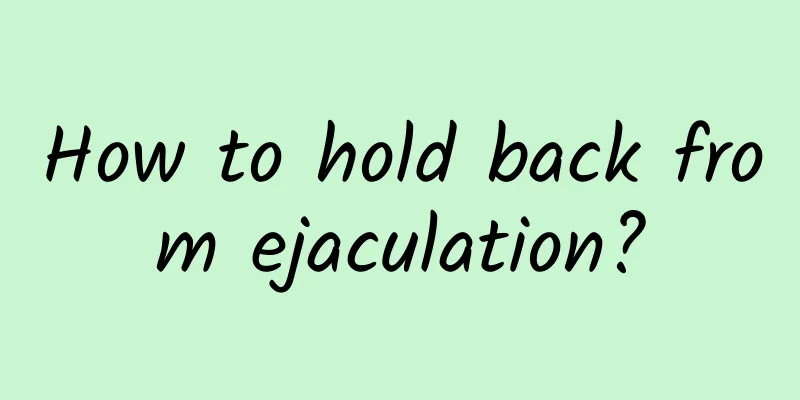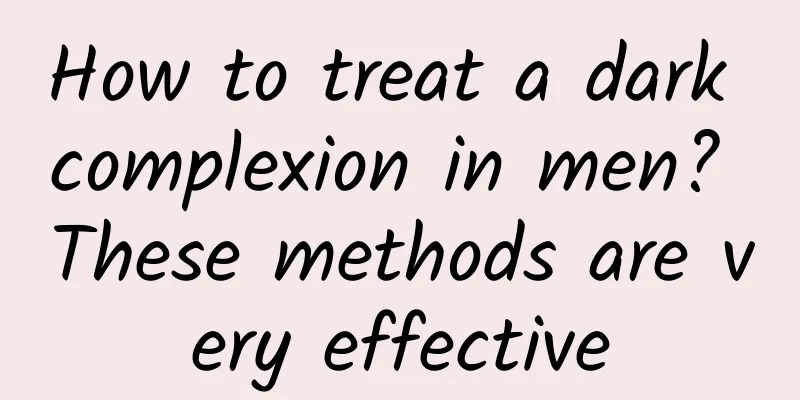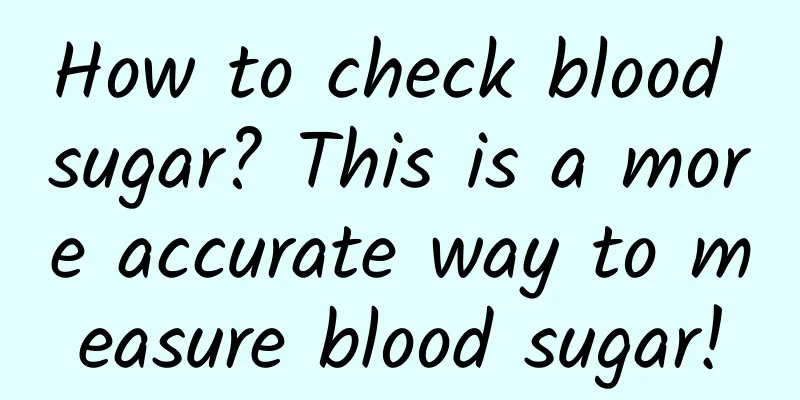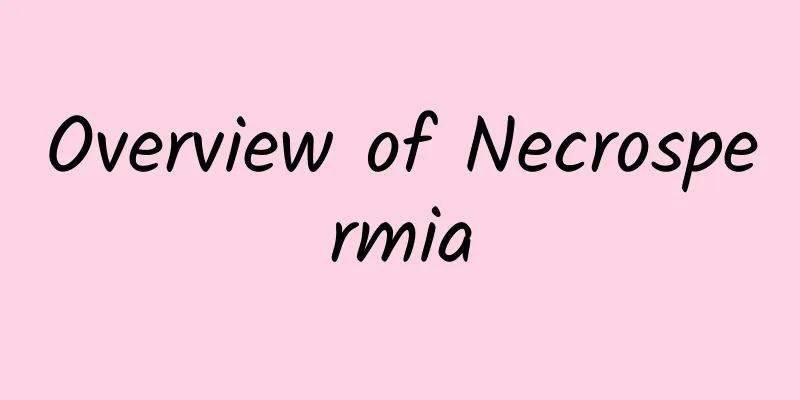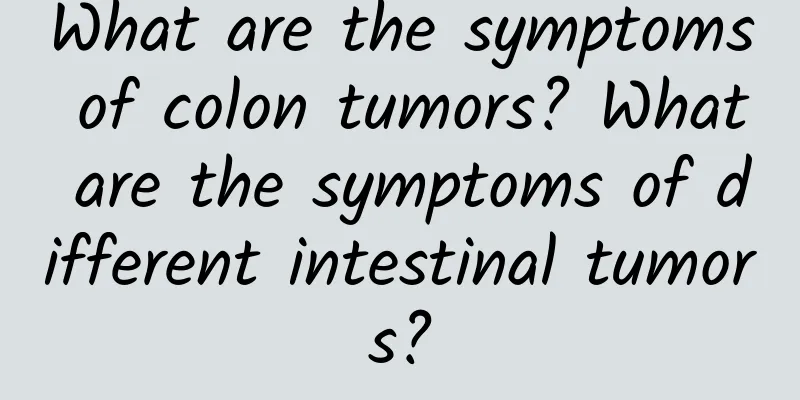What is depression and obsessive-compulsive disorder? How to distinguish between depression and obsessive-compulsive disorder
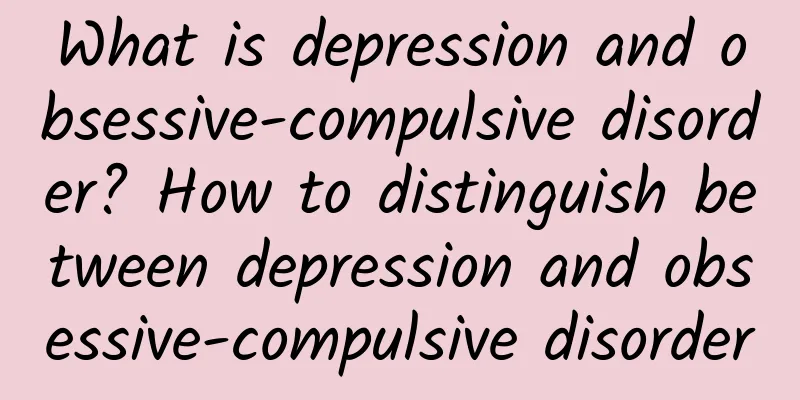
|
Modern society is changing rapidly, and people's lives, work, education, medical care, real estate, etc. have caused many people to have increasing mental stress, and as a result, people have more and more mental problems. Depression and obsessive-compulsive disorder are both mental illnesses. Both cause great harm to people's physical and mental health. What are depression and obsessive-compulsive disorder? What is the difference between depression and obsessive-compulsive disorder? What are depression and obsessive compulsive disorder? Depression is a mood disorder with significant and persistent low mood as the main clinical symptom. It is also called depressive disorder. The low mood of patients with depression can range from melancholy to grief, or even pessimism and world-weariness, resulting in suicidal desire or behavior; even stupor; some patients have obvious anxiety and motor agitation; severe cases may experience psychotic symptoms such as hallucinations and delusions. Obsessive-compulsive disorder is a type of anxiety disorder with compulsive thinking and compulsive behavior as the main clinical manifestations. The patient's thoughts and behaviors come from the patient's heart, but are not controlled by the patient. These thoughts and behaviors may even go against the patient's true wishes, making the patient feel extremely painful. The difference between obsessive-compulsive disorder and depression Both depression and obsessive-compulsive disorder have a great impact on people's survival, life and health, but the two are also very different. Below, let's understand the difference between obsessive-compulsive disorder and depression. Obsessive-compulsive disorder is a neurosis characterized by recurring, meaningless, and irrational thoughts or behaviors. Although patients try to control them, they are always unable to get rid of them. The clinical manifestations are mainly obsessive-compulsive symptoms, including compulsive ideas, compulsive emotions, compulsive intentions, and compulsive behaviors. Depression is a psychological disorder caused by dysfunction of the neurotransmitter system, characterized by low mood, lack of interest, fatigue, and lack of motivation, often accompanied by symptoms such as tension, insomnia, and general discomfort. Obsessive-compulsive disorder and depression differ not only in their symptoms, but studies have found that people with obsessive-compulsive disorder are more harm-avoidant than those with depression, and their self-directedness and teamwork are significantly lower than those with depression. From this, we can see that there is a big and obvious difference between obsessive-compulsive disorder and depression. Distinguishing the two is crucial to the treatment of the disease. Finally, I wish everyone can get rid of the disease troubles and regain health as soon as possible! |
<<: How to distinguish unipolar depression from bipolar depression
>>: The taboos of barley and red bean porridge: see if you are eating it wrong
Recommend
Sperm also dies! What are the symptoms of dead sperm?
Prostatitis xt-indent: 2em; text-align: left;"...
What to pay attention to after circumcision
The harm of excessive foreskin is actually very g...
Dry and peeling glans
The skin of the glans penis is not only very sens...
Correct steps for men's facial care
Now, with the continuous development of society, ...
What is the reason for the fleshy particles on the edge of the glans?
Condyloma acuminatum is a relatively common disea...
Early symptoms of AIDS in men, knowing these is very helpful
Many people have never thought about the possibil...
What is the disease of male breast enlargement?
Men's chest communication is very embarrassin...
Is it OK for men to drink a little alcohol every day?
We know that many men like to drink alcohol. In f...
Is there a big risk in innocuous testicle surgery? An authoritative doctor gives the answer!
Many people may be unfamiliar with cryptorchidism...
Causes of red spots on the foreskin and glans
Foreskin is a common problem for many male friend...
Prostatectomy surgery method
I believe that some male friends know the importa...
What foods are most harmful to men's kidneys? You should never eat these four foods
Kidney stones"text-indent: 2em; text-align: l...
What is the cause of neck muscle pain? What should I do?
Symptoms of neck pain often occur in work and lif...
Benefits of testicle slapping
Patting is actually to gently pat the surface of ...
Can testicular blood vessels also dilate? It turns out that this is the cause!
There are thousands of blood vessels in the human...
